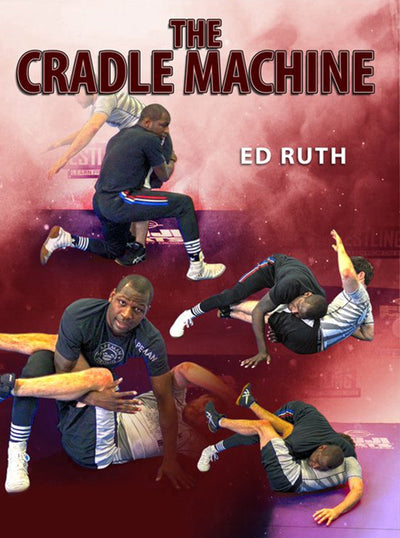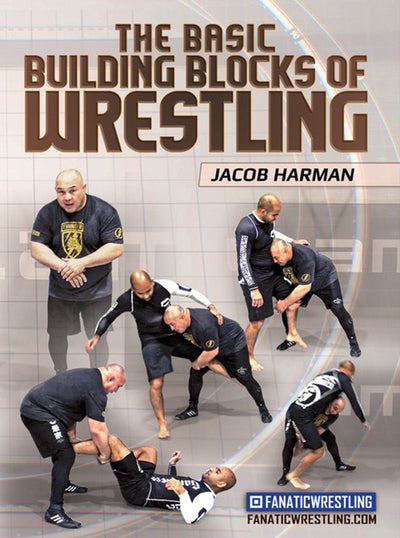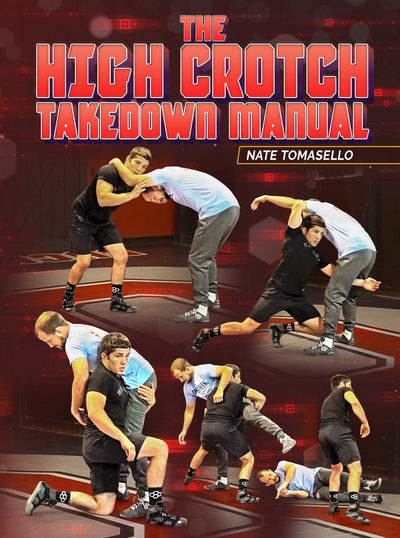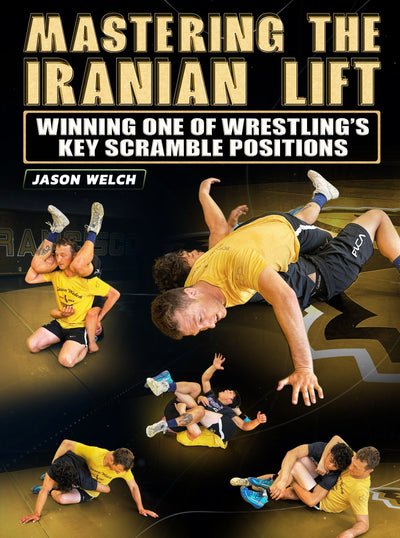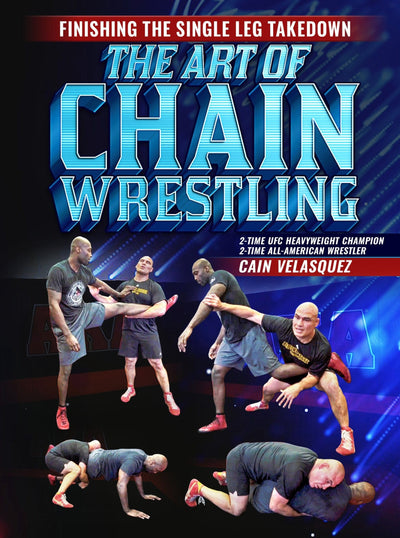What to Do When Your Wrestling Career is Over
Like all good things, there’s an ending written out for you. For some people, their wrestling careers ended in high school. For others, their careers extended through to the NCAA. A select few continue to compete at the highest level and await Olympic glory. No matter what avenue, there will be a moment where you lace up your wrestling shoes for the last time, where the referee’s whistle will ring through your ears for one final crescendo.
After that...then what?
Facing your final days of wrestling competitively can be an initial shock, but there are different ways to use your lifelong grappling knowledge creatively.
Coaching
After years of cultivating your skills, you can give back to your community. Being part of a coaching staff at the secondary or collegiate level puts you on the other side of the mat, where you have to be strategic with your team’s drills, exercises, weight management, and scheduling. While it does have quite a bit of paperwork and logistics, there’s no greater feeling than seeing someone come into the mat room and grow as an athlete under your watchful eye.You can be a head coach if you are a part of the school system or an assistant coach if you provide a background check. There is also the recreational league under USA Wrestling for younger wrestlers and off-season Greco-Roman and freestyle tournaments.
Looking to become a coach? Learn From THE BEST! Click Learn More!
Transition to Catch Wrestling
Let’s assume that you do not have any career-ending injuries and you want to continue competing. If competing in the Senior or Master divisions in USA Wrestling is not your cup of tea, what if you tried catch wrestling? This version of wrestling also relies on pinning as a means of victory, but also adds in submission holds (a.k.a. “hooks”) to add more complexity. This variation is a near seamless crossover for competitors who love how nitty gritty wrestling can be with the added self-defense benefits.
Brazilian Jiu-Jitsu
You’ve seen it on TV, and you may have heard your friends talk about it by the water cooler. Brazilian Jiu-Jitsu (or BJJ for short) is a martial art involving joint manipulation and strangle holds (e.g. submissions) where you can fight on top of your opponent or underneath. So, pinning would not give you an instant victory here. However, having a strong wrestling background gives you a huge advantage over other training partners who lack grappling knowledge or don’t know how to take someone down. Plus, many of the pinning holds you have in wrestling carry over well to BJJ in side control.
MMA
For those who want to truly test themselves, we salute you. Competing in mixed martial arts (MMA) requires a well-balanced diet in many combat areas. Guess which area you’re an expert in? That’s right, your wrestling can be something that sets you apart from the competition should you choose to fight. Wrestling allows you to dictate where you want the fight to go: keep it standing with sprawl and brawl, or take your opponent down and either submit them or strike them until the official stops it. In addition, the physical training you had from wrestling so long makes you somewhat prepared for the daily grind you’ll endure leading up to your first fight.
No matter where life after wrestling leads you, know that you have options. Stepping away from the mats can bring mixed emotions after so many years of commitment, but knowing that there is a larger world out there ready to see your skill set is something worth grappling over.

Mike Malinconico is one of the best coaches in the game. If you are looking to transfer your wrestling skills to coaching, The Ultimate Folkstyle Coaches Manual by Mike Malinconico is what you are looking for!



